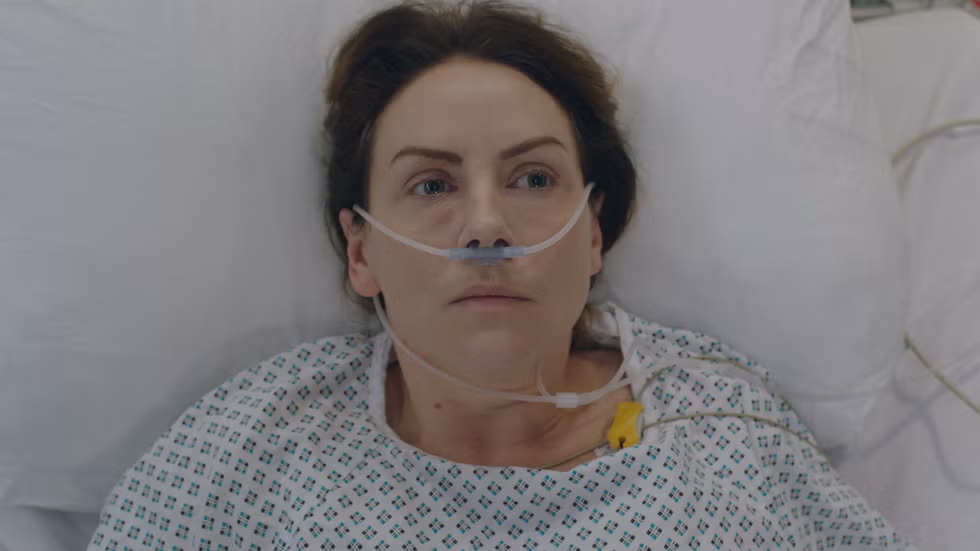In the wake of the chaos sparked by Carly Wilson’s tragic death and the violent riot that followed, Holby ED is in turmoil—not just physically, but ethically. While the frontline team handles medical emergencies with grit and compassion, junior doctor Rida Amaan finds herself focused on a different kind of emergency: the need for institutional truth and accountability.
Rida has always been passionate about fairness and integrity, but recent events have pushed her further. Observing how the hospital responds to the crisis—and how senior staff navigate the moral grey areas—has ignited a deep sense of urgency within her. She begins asking the uncomfortable questions others are too wary to voice. Who gets prioritized in care during politically charged events? Are the decisions being made based on clinical need or external influence? And what role do entrenched hierarchies and reputations play in how the truth is shaped and shared?
Her attention quickly turns to the behavior of senior figures like Russell Whitelaw. A seasoned surgeon with an “old-school charm,” Russell’s dismissive attitude toward certain staff and his subtle, sexist remarks have long gone unchallenged. While some brush it off as generational differences, Rida isn’t so forgiving. Having initially defended him—believing he was simply stuck in outdated ways—she begins to reassess her stance as more red flags emerge.
At the same time, her budding romance with surgeon Sean Redmond adds another layer of complexity. Rida recently confronted him about rumors surrounding his treatment of female colleagues. While Sean offered what seemed like an honest explanation, Rida can’t shake the feeling that there might be more beneath the surface. Her natural instinct to seek out the truth collides with her emotional investment in their relationship, forcing her to examine her own biases.
Encouraged by Nicole Piper, Rida begins informally gathering evidence and perspectives from other staff members, trying to build a clearer picture of what’s really going on behind closed doors. But the deeper she digs, the more resistance she faces—subtle warnings, evasive answers, and the uncomfortable realization that some of the people she once trusted might not have the clean hands they claim to.
Despite the pushback, Rida is undeterred. To her, the institution’s credibility and its ability to care for all patients equitably depend on having strong voices who aren’t afraid to hold leadership to account. The riot may have shaken Holby to its core, but for Rida, it has also opened the door to necessary change.
As the dust settles, one thing is clear: Rida Amaan is no longer just a junior doctor trying to find her footing—she’s becoming a voice for reform, justice, and truth in a system that desperately needs all three.





